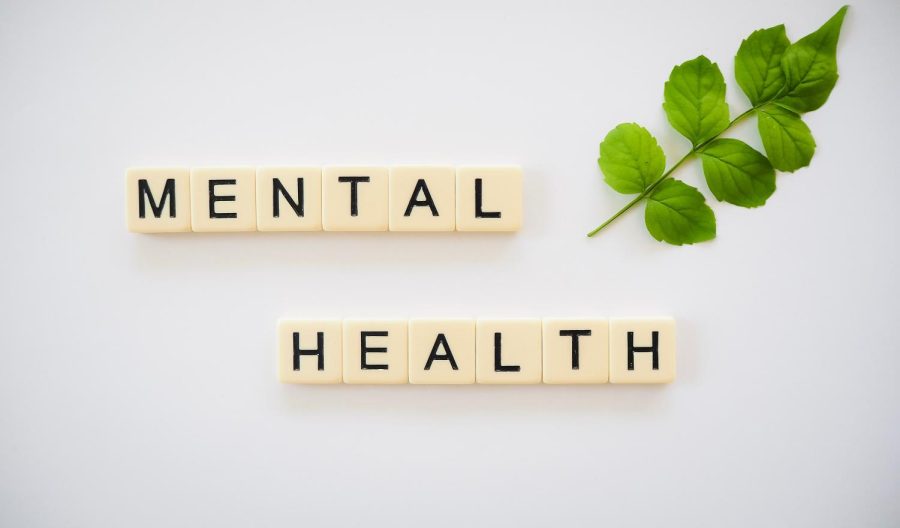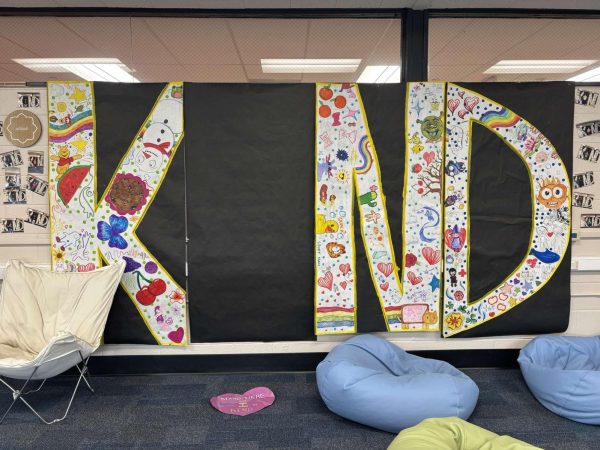An Introduction to Understanding Mental Health
This story is part of an ongoing Mental Health coverage series by the CHS Ship’s Log.
What is it?
Mental Health is our state of well-being. It includes psychological, emotional, and social interactions. It can affect how we think, talk, sleep, act, and live our everyday lives.
What are some signs of poor mental health?
Some signs of poor mental health include a lack of appetite, pushing people away, lack of motivation, or feeling trapped in stress. When mental health decreases, it can lead to suicidal thoughts or actions. People with declining mental health may also have insomniac tendencies or poor hygiene.
What can cause a decline in mental health?
Mental health is something that can be affected by daily life. Factors that can affect a person’s mental health include: death of loved ones, losing friends, bullying, and abuse among other factors. According to stopbully.gov, about 20% of students have reported that they have experienced bullying. Cyberbullying on social media has increased as well. In addition, the Covid-19 pandemic contributed to rising stress levels.
Are there any disorders that can affect mental health?
According to WHO (World Health Organization) some disorders that can affect mental health are depression, anxiety, bipolar disorder, schizophrenia, different forms of autism, ADHD, and dementia.
What are the impacts of poor mental health?
According to the CDC, 50% of people will be diagnosed with a mental illness in their lifetime. Individuals with poor mental health experience a variety of symptoms. Some side-effects of low mental health include weight loss or gain, dropping academic performance, and/or disrupted sleeping patterns. Some of the more common signs of poor mental health are mood swings, burnout, and a change of habits beyond normal behaviors.
How can someone get help?
One way to get help is to talk with someone, whether that be a friend, family member, psychologist, or crisis counselor. Another resource is the U.S. Crisis Text Line where individuals can text “HOME” to 741741 for help. This number can be used by anyone. For those with suicidal thoughts or for advice on how to help others, call the National Suicide Hotline at 1-800-273-8255. CHS students can also reach out to Mr. Faltz, the school’s crisis counselor.









